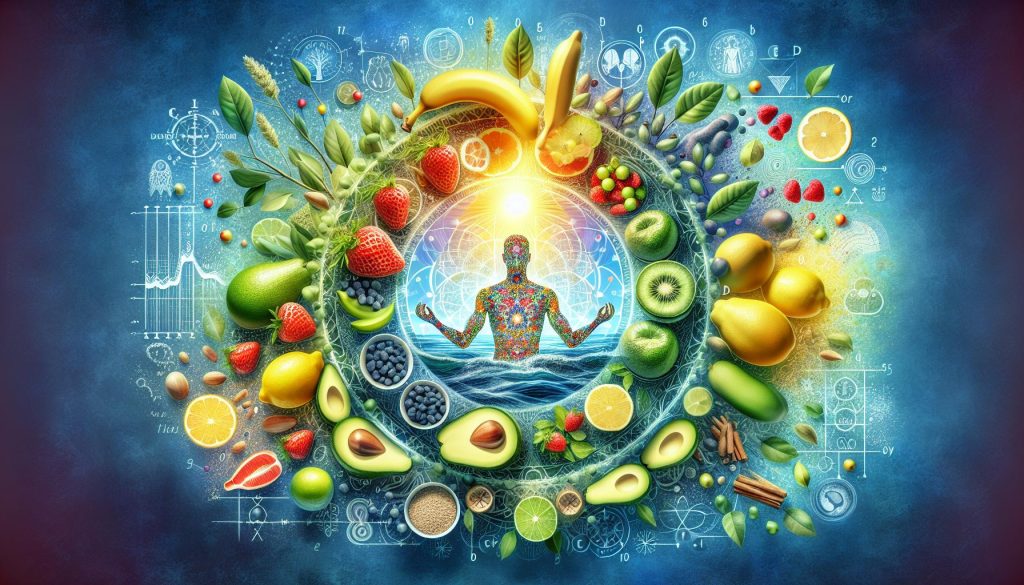
Introduction: Energize with Low Carb Living
Have you ever found yourself wondering how to get an energy boost while sticking to a low carb diet? If you’re leaning towards the low carb lifestyle, you’re likely looking for ways to feel fueled through your day without relying on a heavy load of carbohydrates. Evoking a sense of energy on this diet is indeed achievable, and certain tactics can help you harness that vigor you’re chasing, even when carbohydrates aren’t copious. Buckle up for this insightful exploration that will catapult you into a world of energy galore, sans an excessive carb content.
Swap the Simple for the Complex
Just cutting out carbs and not replacing them with other fulfilling nutrients will likely leave you feeling a glut of exhaustion. Tipping the balance in favor of high-quality, complex carbs can be a game-changing paradigm rather than completely axing carbs. Enter the world of veggies, which are rich in complex carbs. Unlike their simple counterparts, these carbs are broken down slowly in the body, resulting in more prolonged, steady energy.
Start with Green Veggies
Green leafy vegetables such as spinach and kale are superheroes in the world of low carb diets. Low in carbs and brimming with fiber, they’re a guilt-free way to incorporate complex carbs into your diet and keep your energy levels buzzing.
Power Up with Proteins
Proteins are known as the body’s building blocks, but they’re also key players in the energy game. Meats, eggs, and dairy products, for instance, are nutritional powerhouses that can bulk up your energy levels hardy servings of proteins.
Flying High with Healthy Fats
Just as there are good carbs and bad carbs, there are also good fats and bad fats. Swapping out harmful fats for healthier ones like avocados, nuts, and seeds can drive your energy levels up a notch. So, instead of grazing on empty calories, adding these foods to your low carb diet could serve as an intense energy booster without spiking your blood sugar.
Hydrate! Hydrate! Hydrate!
Drinking plenty of water is often overlooked but can be crucial for amplifying energy on a low carb diet. It can help in accelerating metabolism and keeping fatigue at bay. Add a dash of lemon or cucumber for a burst of flavor and an extra kick of energy.
Exercise Exuberance
Exercising doesn’t just burn calories; it can also do wonders for your energy levels. Regular physical activity can increase blood flow, improve sleep quality, and buffer mood, all of which contribute to heightened energy levels, even on a low carb diet.
Watching Portions and Fostering Regularity
Eating smaller but regular meals throughout the day nuanced with a balance of proteins, healthy fats, and complex carbs can keep blood sugar levels stable and fend off fatigue. So instead of three large meals, consider five to six smaller meals spaced throughout the day.
Intermittent Fasting – Worth a Whirl?
Taking a hiatus from eating, also known as intermittent fasting, could also rev up your energy levels. While it’s not for everyone, some people find that this pattern of eating helps them maintain energy levels while reducing overall calorie intake.
Conclusion: Fiona-Powered Formula
There’s no one-size-fits-all approach on how to get energy on a low carb diet, but there are various strategies that can propel you towards the buzzing energy levels you desire. The interplay between quality carbs, protein and healthy fats, sufficient hydration, regular exercise, controlled portion sizes, and perhaps even intermittent fasting can harmonize to form a symphony of boosted energy.
Frequently Asked Questions
1. How can I boost my energy on a ketogenic diet?
Incorporate healthy fats, lean proteins, and complex carbohydrates into your meals, hydrate adequately, exercise regularly, and maintain consistent eating schedules.
2. Does a low carb diet make you tired?
The low energy feeling is temporary and often occurs in the initial phase of switching to a low-carb diet due to the body’s transition to using fat as a primary fuel source instead of carbs.
3. Can you workout on a low carb diet?
Yes, exercise can be maintained on a low carb diet. You might experience a slight decrease in performance initially but your body will adapt over time.
4. Do I need carbs for energy?
While carbs are a primary energy source, your body can also use protein and fats for energy. A low-carb diet can provide sufficient energy if balanced properly.
5. Can a low-carb diet cause fatigue?
Fatigue in the initial stages of a low-carb diet is normal as your body adjusts to a new fuel source. However, with a well-planned diet and adequate hydration, this fatigue can be minimized.



